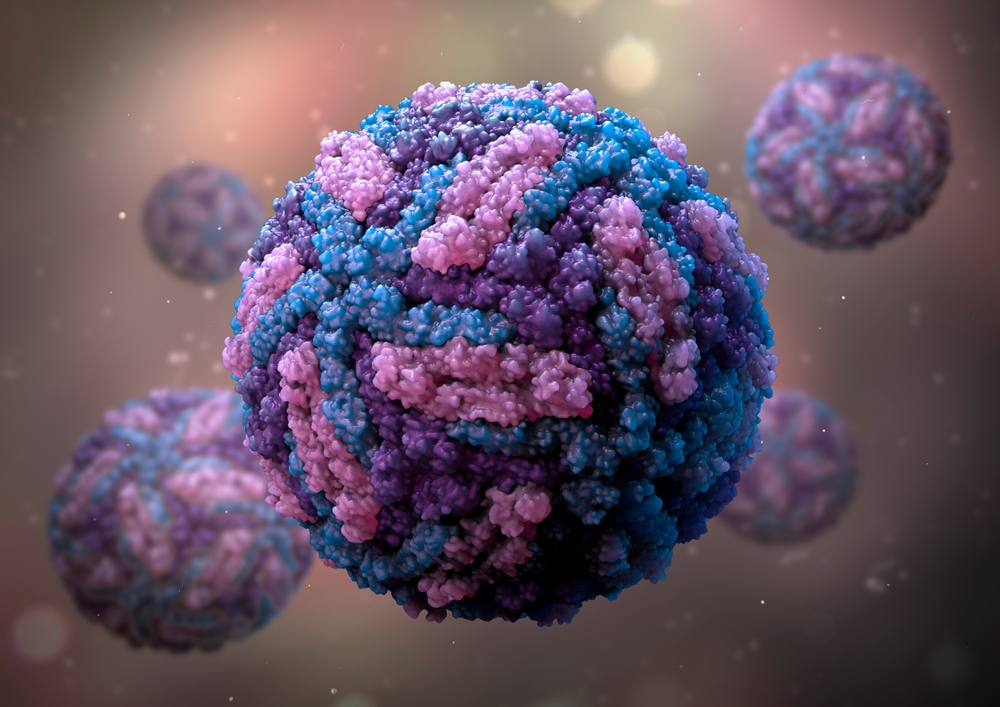ZIKA VIRUS DIII ENVELOPE PROTEIN (ASIAN STRAIN)
Zika virus DIII envelope protein (Asian strain) is a recombinant protein manufactured in E. coli with
PRODUCT DETAILS – ZIKA VIRUS DIII ENVELOPE PROTEIN (ASIAN STRAIN)
- Zika virus Domain III (DIII) Envelope protein.
- Recombinant protein expressed in E. coli. Supplied in 20mM Carbonate buffer pH10.0.
- Molecular weight approximately 11 kDa.
- >95% purity as determined by SDS-PAGE.
- Suitable for use in ELISA, Western blotting and lateral flow assays.
BACKGROUND
Zika virus (ZIKV) is a member of the Flavivirus genus of the family Flaviviridae that also includes global human pathogenic viruses Dengue virus (DENV), Yellow Fever virus, West Nile virus and Japanese encephalitis virus.
Zika infection is an emerging disease caused by Zika virus, which is spread through the bite of infected Aedes mosquitoes. The Zika virus was first isolated in Central Africa but has since spread to South Asia and South America. The Zika virus can also be transmitted to individuals through sexual contact, blood product transfusion and organ transplant (WHO, 2018).Zika virus can also be transmitted to the foetus during pregnancy causing microcephaly (CDC).
Healthy individuals infected with Zika virus may remain asymptomatic or can experience mild fever, rash, myalgia, arthralgia and headaches. In addition, Zika virus infection in adults has been associated with neuropathy, myelitis and the neurological condition Guillain-Barre syndrome.
Due to similar symptoms, Zika virus infection can be misdiagnosed as a Dengue virus infection and vice-versa. Currently, there are no vaccines available for the prevention of Zika virus. Therefore, accurate diagnosis of ZIKV is essential for patient management especially in regions where DENV and ZIKV co-circulate. However, ZIKV and DENV show structural and genetic similarities, and serological testing for the viruses can be complicated by problems of cross-reactivity.
During ZIKV infection, neutralising antibodies are produced that predominantly target ZIKV envelope proteins Immunoglobulin-like domain III (DIII). Consequently, neutralising antibodies targeting ZIKV DIII envelope proteins have attracted significant interest due to their therapeutic and prophylactic potential (Yang, C. et al)
REFERENCES
- Zika Virus Factsheet. World Health Organization (WHO), 2018.
- Centers for Disease Control and Prevention. CDC Concludes Zika Causes Microcephaly and Other Birth Defects.
- Yang C, Gong R, de Val N. (2019). Development of Neutralizing Antibodies against Zika Virus Based on Its Envelope Protein Structure. Virol Sin. 2019 Apr;34(2):168-174.

